An experimental asthma management app for Apple Watch shows promising results — especially for low-income individuals — but faces numerous challenges to wider adoption.
In a collaborative effort, Apple and Anthem — now Elevance Health — embarked on a large-scale digital asthma study announced during an Apple keynote in September 2020. The study aimed to utilize Apple's devices and an accompanying app to address the pervasive issue of asthma. While Apple has often claimed its devices can contribute to healthier living, concrete evidence has been limited.
In partnership with Anthem, the study tracked 900 asthma patients in Medicaid and commercial plans. Participants received an Apple Watch and sleep-tracking mat to monitor respiratory rate, heart rate, and awakenings for baseline data, reports STAT.
The app helped users reflect on symptoms and triggers and provided tools to respond to flare-ups. Initial data showed a potential reduction in emergency visits among Medicaid users who engaged with the intervention. On average, one visit was avoided for every four users who participated in the program.
Bronwyn Harris, a cardiologist involved in designing the product during her time at Apple, expressed optimism about the tool's potential significance in asthma self-management.
However, the app's fate hinges on a more in-depth analysis of study data, including health outcomes and cost savings. Additionally, the question remains whether the study aligns with the strategic priorities of Apple and Elevance.
The study's focus on Medicaid enrollees, a population with a higher likelihood of poor asthma outcomes, adds a crucial dimension to digital health innovation. However, challenges, such as navigating state-by-state bureaucracies and addressing concerns about smartphone affordability, underscore the complexities of targeting lower-income populations.
Despite the early positive indicators, skepticism persists. Some experts question the sustainability of the intervention, noting its complexity and potential difficulty in long-term maintenance. Moreover, the intervention operates independently of other care, potentially missing opportunities to reinforce vital relationships in healthcare.
While the study demonstrated the challenges of obtaining approval from both Apple and Anthem, the real hurdle may be launching the asthma management tool in the broader market.
Apple has been hesitant in the past when it comes to venturing into the healthcare field, and the departure of important figures involved in the study has raised doubts about the future of this tool. While the need for expansion and exploration is recognized, bureaucratic processes and high costs may hinder its wider adoption despite positive outcomes.
The two-year remote study focused on asthma sufferers between the ages of 18 and 64. Participants were required to have a health plan through Anthem or its subsidiaries. Health technology company CareEvolution collected and analyzed resulting data from the study.
 Amber Neely
Amber Neely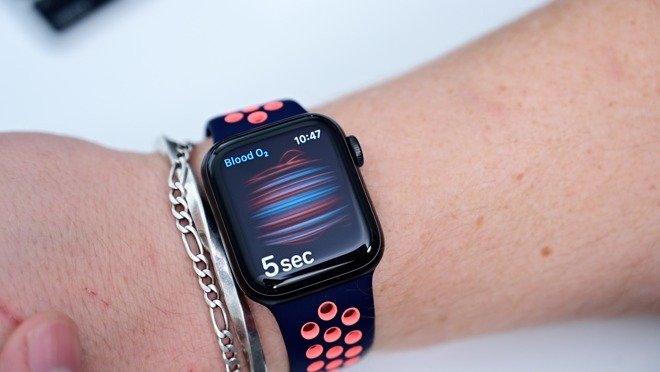



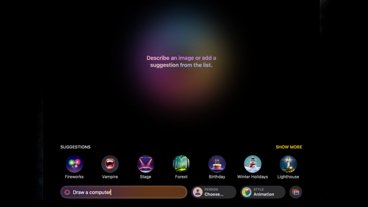




 Wesley Hilliard
Wesley Hilliard
 Christine McKee
Christine McKee
 Malcolm Owen
Malcolm Owen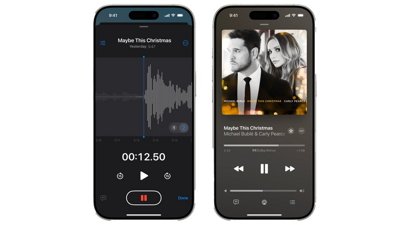

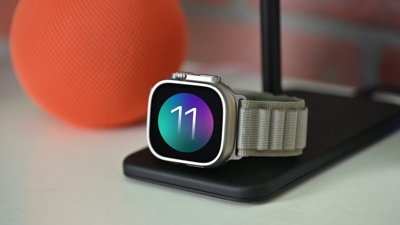


 William Gallagher
William Gallagher


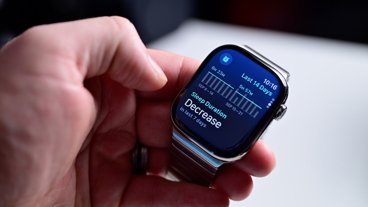


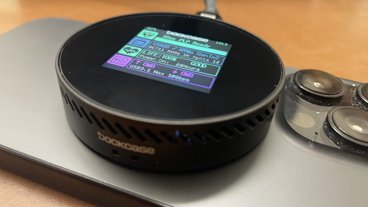
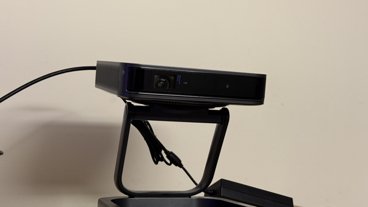


There are no Comments Here, Yet
Be "First!" to Reply on Our Forums ->